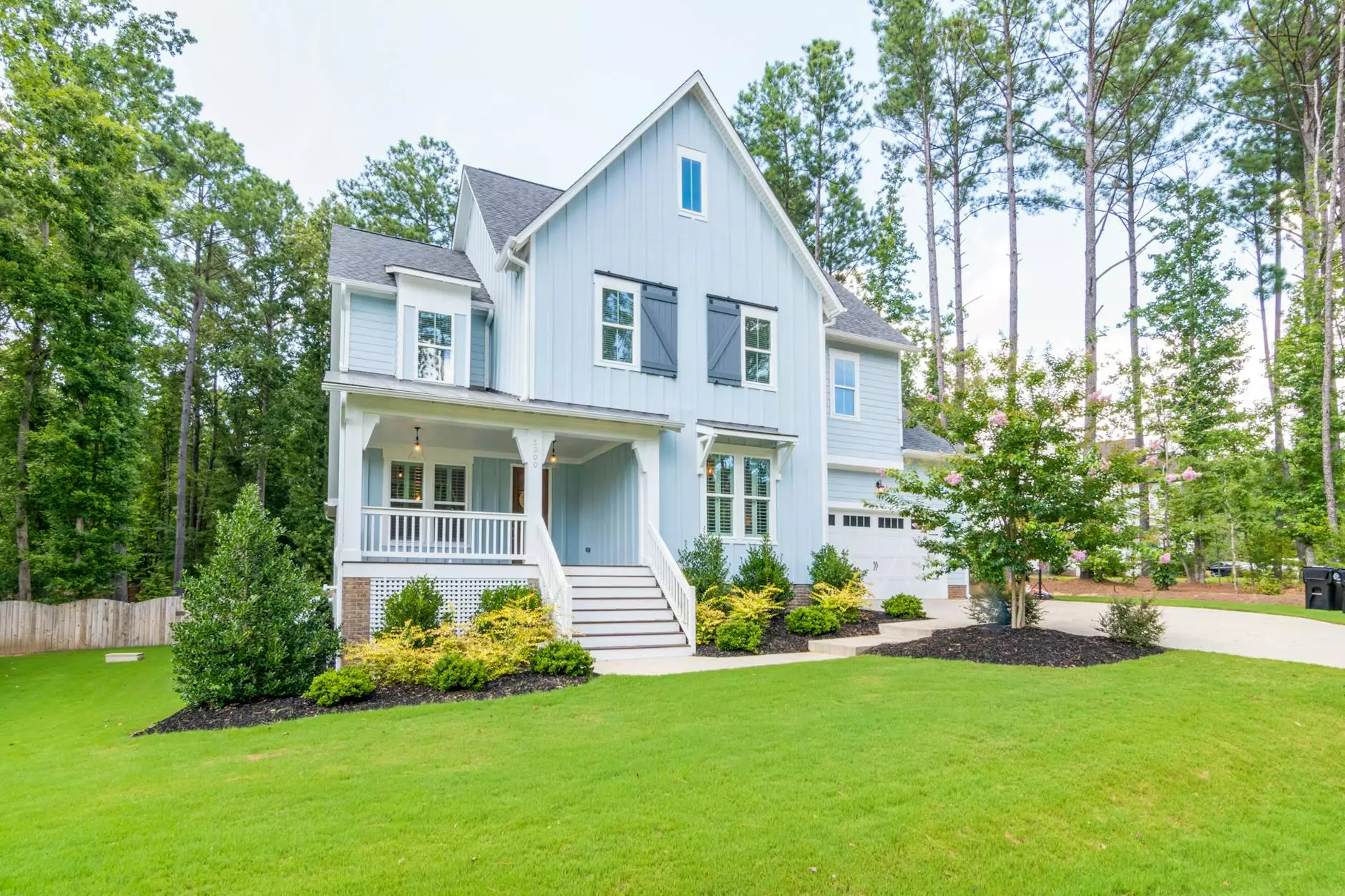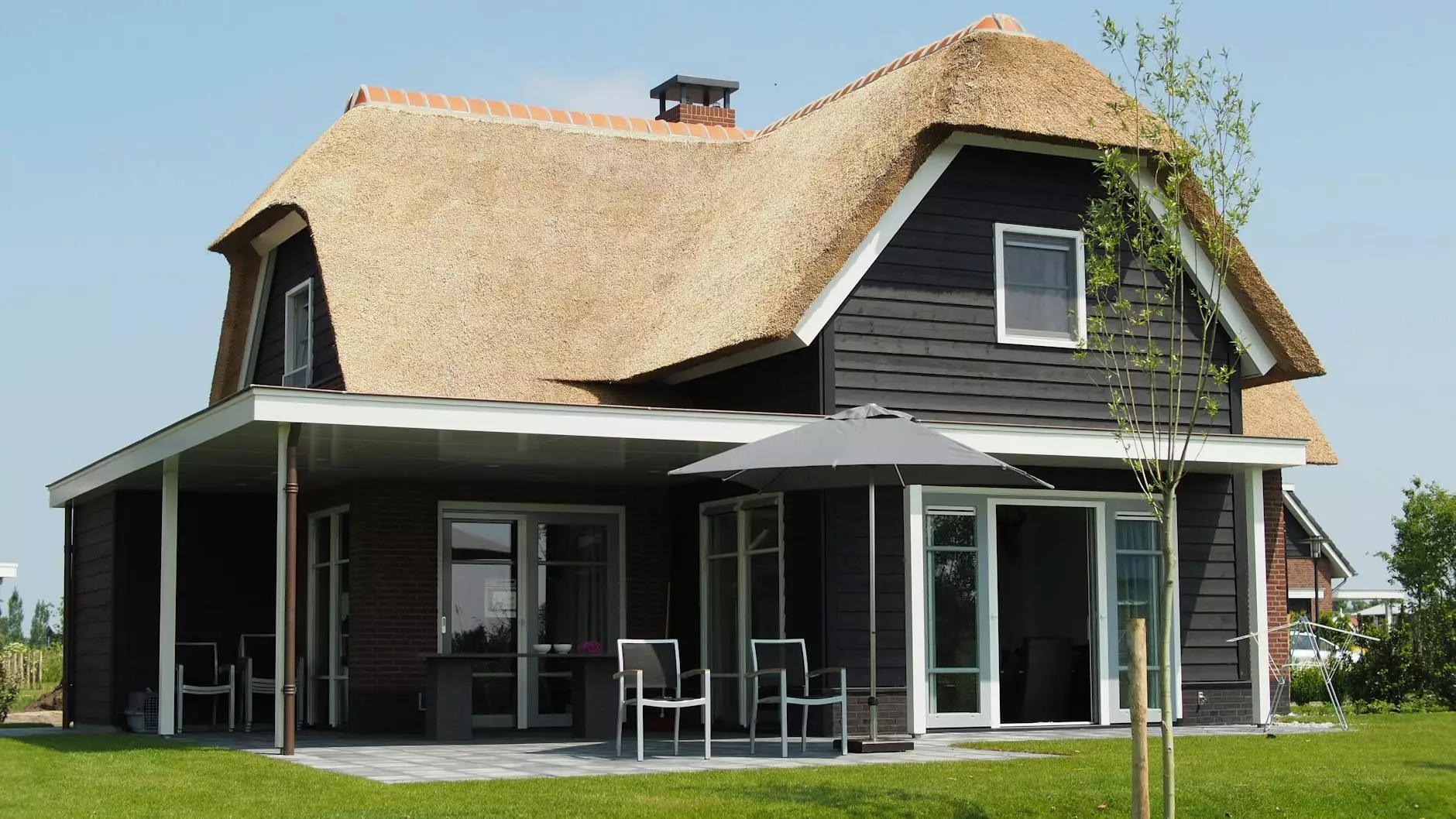Converting Rental to Primary Property in Divorce

Introduction
Welcome to I Am Future Proof, your trusted partner in finance and insurance. In this article, we will explore the process of converting a rental property into a primary property during a divorce. Divorce proceedings can be complex, but understanding the options and implications of converting a rental property can provide clarity and financial stability.
Understanding Property Division in Divorce Proceedings
Divorce often requires the fair division of assets, including the marital home and any other properties owned by the couple. In cases where a couple owns a rental property, deciding whether to convert it to a primary residence can be a significant consideration.
Why Consider Converting the Rental Property?
Converting a rental property to a primary residence can offer several advantages. First and foremost, it allows one or both spouses to retain ownership and benefit from the property's value appreciation in the long run. Additionally, converting the rental property can provide stability for the spouse who will reside in the property post-divorce, ensuring a familiar living environment.
Factors to Consider
Before making the decision to convert a rental property to a primary residence, it is important to assess various factors:
- Financial Considerations: Analyze the financial implications of converting the rental property. Evaluate the mortgage, taxes, insurance, and ongoing maintenance costs associated with the property.
- Market Analysis: Conduct a thorough market analysis to ensure that converting the rental property is a viable long-term investment. Evaluate the rental demand, property appreciation trends, and the potential for future growth in the area.
- Legal and Tax Matters: Seek advice from legal and tax professionals to understand the legal and tax implications of converting a rental property into a primary residence. Consider any potential ramifications on rental income, capital gains, and tax deductions.
- Family Needs: Evaluate whether the rental property meets the requirements of the divorcing spouses and any dependents involved. Consider factors such as proximity to schools, work, and social support structures.
The Converting Process
Once you have considered the various factors and decided to convert your rental property into a primary residence during the divorce process, it is important to follow a systematic approach:
1. Consult with Professionals
Engage the services of a real estate agent, attorney, and tax advisor to guide you through the process. These professionals will provide crucial expertise to ensure a smooth conversion and compliance with legal and financial requirements.
2. Update Legal Documentation
Revise any legal documentation related to the rental property to reflect the change in status. This may include modifying rental agreements, property titles, and insurance policies. Consult with your attorney to ensure all necessary legal steps are taken.
3. Review Financing Options
Assess the financing options available to support the conversion. This may involve refinancing the existing mortgage, obtaining a new loan, or restructuring financial arrangements. Seek advice from a mortgage professional to explore the most suitable options for your specific circumstances.
4. Address Tax Implications
Work closely with your tax advisor to understand the tax implications of converting the rental property. This includes considerations such as capital gains tax, deductibility of mortgage interest, and any applicable state or local taxes. Ensure compliance with the relevant tax regulations.
5. Consider Ongoing Maintenance
Factor in the ongoing maintenance costs associated with the converted primary property. From property repairs to utility expenses, a comprehensive budget should be established to cover these obligations and ensure the sustainability of the property as a primary residence.
6. Plan for the Future
Develop a long-term plan for the converted primary property. Consider factors such as family dynamics, financial goals, and potential changes in circumstances. This will help you make informed decisions regarding the property's future, such as selling, inheritance, or refinancing.
Conclusion
Converting a rental property to a primary residence during a divorce can provide stability and financial advantages. However, it is essential to carefully evaluate the various factors involved, seek professional advice, and follow a systematic process. At I Am Future Proof, we understand the complexities of property division in divorce proceedings and are committed to providing comprehensive guidance and support. Contact us today to learn more about how we can help you navigate the challenges and secure your financial future.










